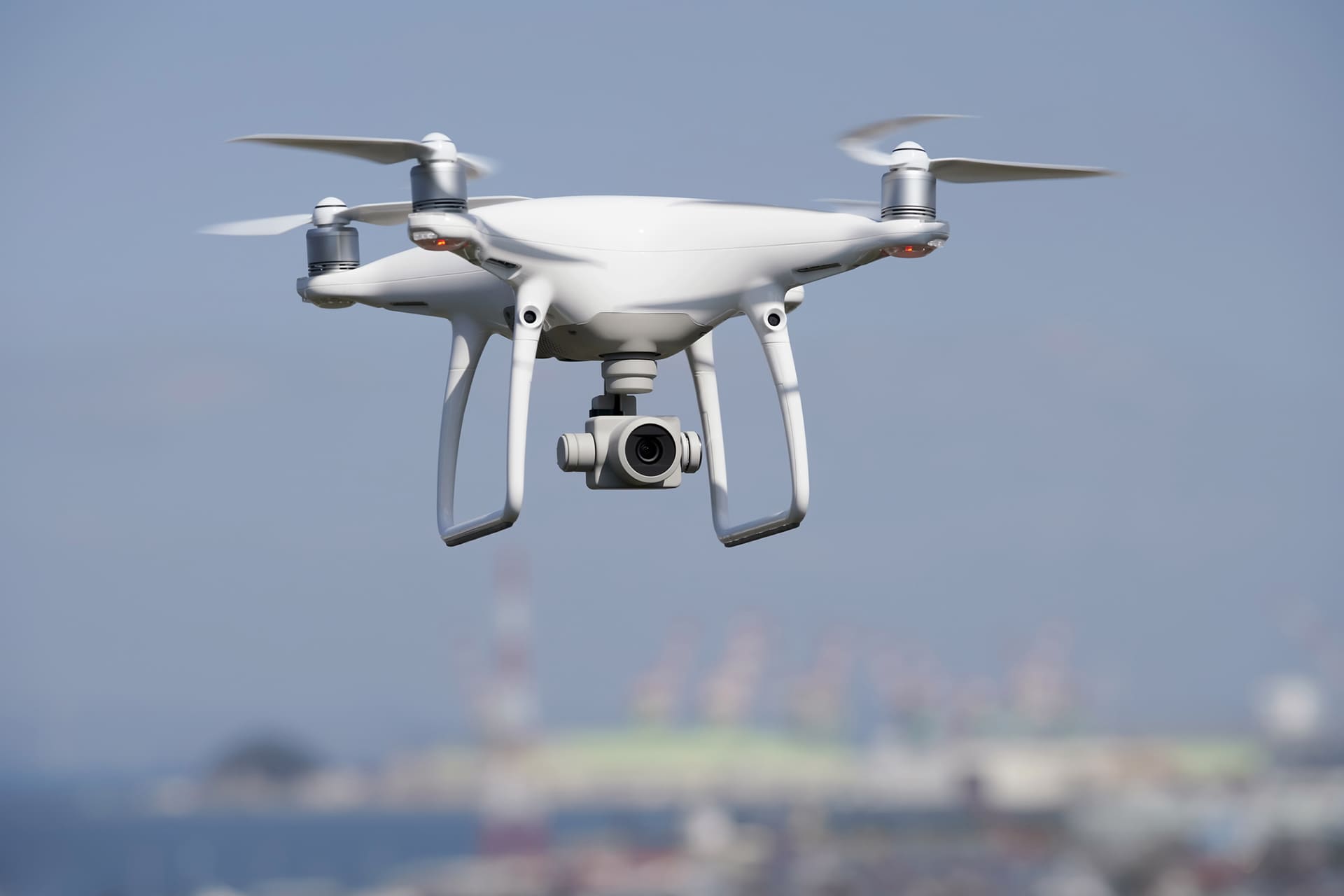Throughout 2019, interpretations of the FAA Reauthorization Act of 2018 resulted in sweeping changes to recreational operation of unmanned aerial vehicles (UAVs), or drones.
While some changes have gone relatively unnoticed, the recreational drone flying community began sounding the alarm in October 2019 about recent Federal Aviation Administration (FAA) statements regarding Academy of Model Aeronautics (AMA) fixed flying sites.
The FAA is planning to limit all recreational model aircraft operations to 400 feet in controlled airspace and there will be no exceptions. The agency is also proposing restrictions in uncontrolled airspace to altitudes that could not only prevent some model aircraft operations, but safety issues as well.
If these regulations move forward, that may lead to the end of certain high-altitude recreational drone operations supported by these clubs.
A recap of other significant changes that have taken affect this year include:
Beginning in May 2019, recreational drone flyers must obtain prior authorization from the FAA to fly in controlled airspace surrounding airports.
Another May FAA guidance established that drones must be externally marked. In addition, it provided that recreational operators must comply with all airspace restrictions and prohibitions in controlled and uncontrolled airspace, and those operators must pass a required Aeronautical Knowledge and Safety Test.
In July 2019, the FAA expanded the Low Altitude Authorization and Capability (LAANC) system, for use by recreational flyers in controlled airspace previously available to only commercial operators,
To obtain more information, please contact the Barnes & Thornburg attorney with whom you work, or Clifford G. Maine at 616-742-3944 or clifford.maine@btlaw.com, Todd A. Dixon at 616-742-3959 or todd.dixon@btlaw.com, Kenneth D. Suzan at 612-367-8713 or kenneth.suzan@btlaw.com, or Shane Solinger at 612-367-8708 or shane.solinger@btlaw.com.
© 2019 Barnes & Thornburg LLP. All Rights Reserved. This page, and all information on it, is proprietary and the property of Barnes & Thornburg LLP. It may not be reproduced, in any form, without the express written consent of Barnes & Thornburg LLP.
This Barnes & Thornburg LLP publication should not be construed as legal advice or legal opinion on any specific facts or circumstances. The contents are intended for general informational purposes only, and you are urged to consult your own lawyer on any specific legal questions you may have concerning your situation.















